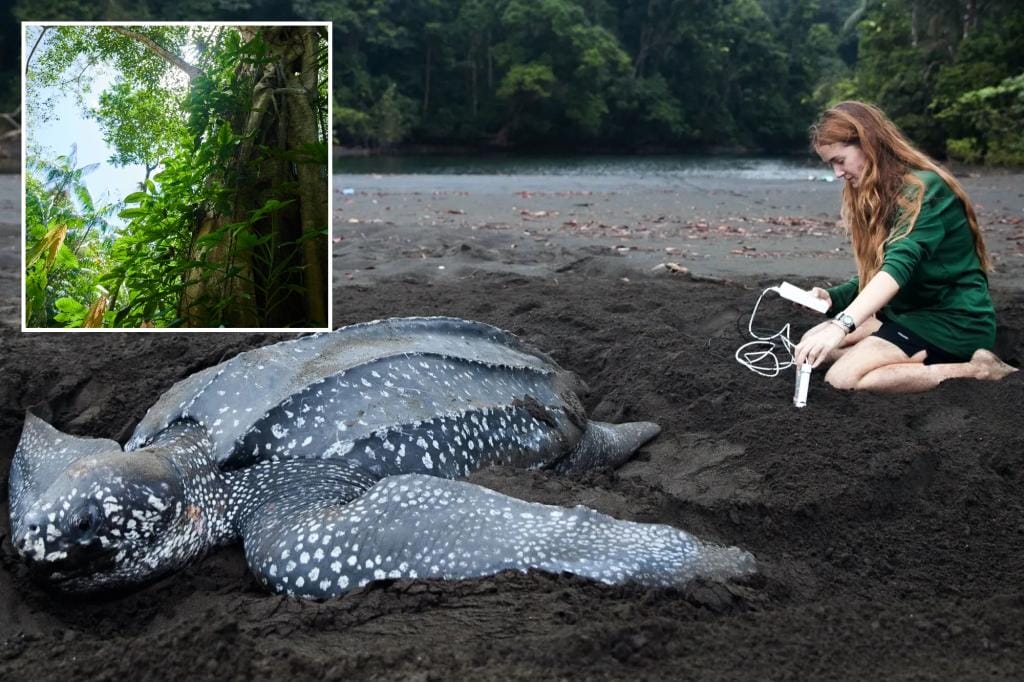Legislation granting nature similar rights to humans is becoming more popular around the world, with several countries and localities passing rights of nature laws and several more considering similar laws.
Panama, Ecuador and Bolivia have taken steps to recognize the rights of nature in their national legislation, a movement that has gained traction around the world and in the United States, with 10 states having some form of legal protection for nature, according to a CBS News report.
The most recent country to join the movement was Panama, where the new law was used to close one of the largest copper mines in the world.
Behind the effort in that country was Callie Veelenturf, a 31-year-old American marine biologist from Massachusetts who has spent much of her career studying and advocating for the protection of sea turtles.
But a legal battle to protect herself from sexual harassment in 2018 became a turning point for Veelenturf, who realized that nature did not have the same legal recourse that she had as a human being.
Callie Veelenturf was in a legal battle to protect herself from sexual harassment in 2018, but realized that nature did not have the same legal recourse that she had as a human being. Callie Veelenturf
“I realized that we can’t defend the rights of nature like I had just defended my rights, because nature largely has no rights in our legal systems,” Veelenturf told CBS News.
The marine biologist said a book, “The Rights of Nature: A Legal Revolution That Could Save the World,” helped solidify the idea in her mind, leading her to make it “a mission” to promote the concept in everyone.
“It prioritizes the needs of ecosystems and not the needs of humanity,” Veelenturf said.
 “I realized that we can’t defend the rights of nature like I had just defended my rights, because nature largely has no rights in our legal systems,” Callie Veelenturf said. Callie Veelenturf
“I realized that we can’t defend the rights of nature like I had just defended my rights, because nature largely has no rights in our legal systems,” Callie Veelenturf said. Callie Veelenturf
The marine biologist took the idea to the first lady and the parliament of Panama, where it gained widespread support and was eventually signed into law.
The country’s Supreme Court has since used the law to shut down a $10 billion copper mine that opponents say would threaten rainforests and water supplies.
In the United States, Seattle recently recognized the rights of salmon to pass through the city’s dams, according to the CBS News report, while North Carolina has begun considering granting rights to the Haw River ecosystem.
The trend has been encouraging for Veelenturf, who argued that humans need “a different way of interacting with nature.”
“It’s just exciting every time. “It never goes out of style,” Veelenturf said. “What we’re doing now obviously doesn’t work, so this provides a different way to interact with nature. “I think we are at a point where it is worth trying.”
Categories: Trending
Source: vtt.edu.vn
